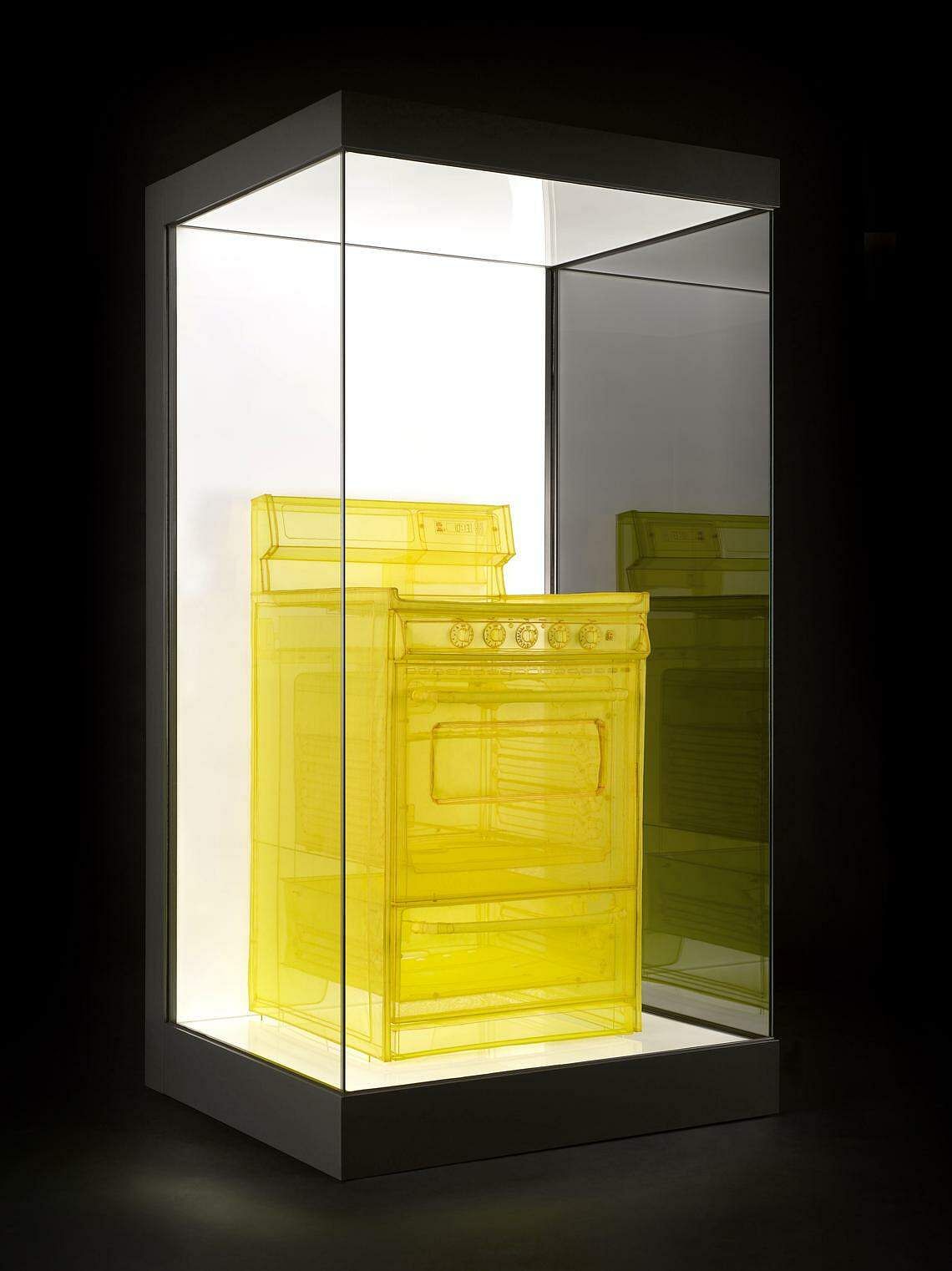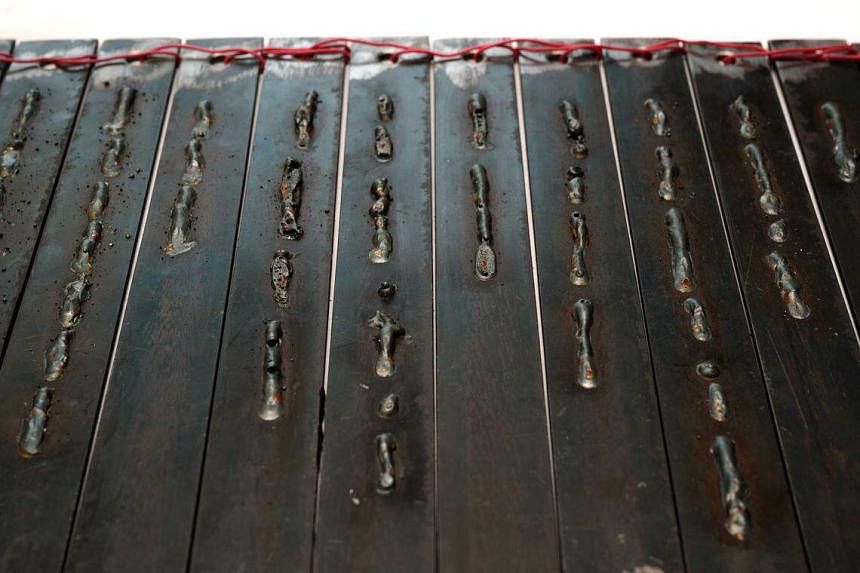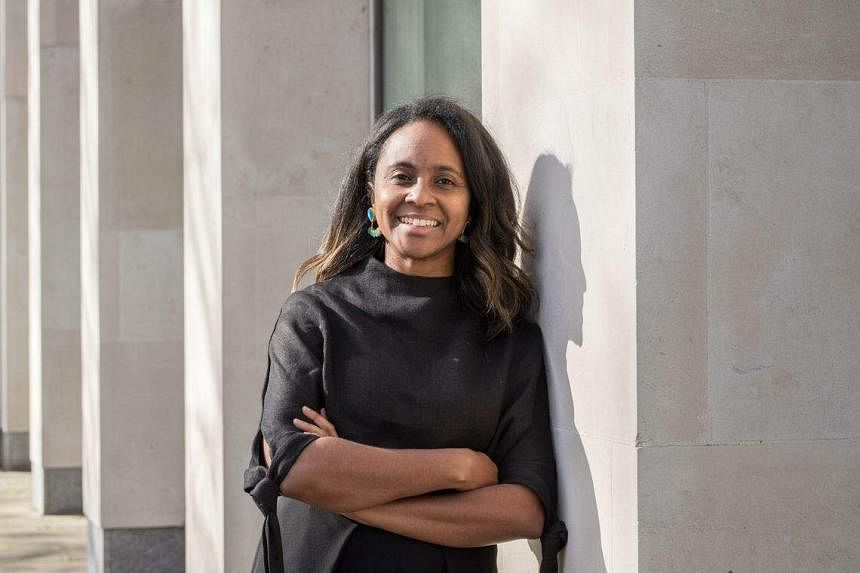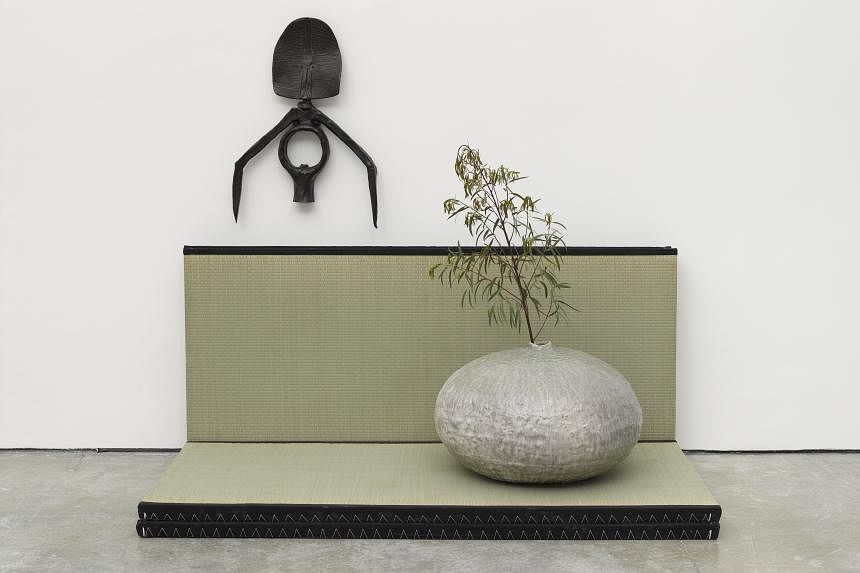SINGAPORE – Mega art fair Art SG may be Singapore Art Week’s (SAW) tentpole event, but it could be upstaged by Translations: Afro-Asian Poetics.
Featuring more than 100 works by artists from Africa and Asia and their diasporas, non-profit The Institutum’s trans-regional exhibition spans six venues at Gillman Barracks.
Curated by Dr Zoe Whitley, director of Chisenhale Gallery in London’s East End, it opens hot on the heels of the similarly sprawling Tropical by National Gallery Singapore, the blockbuster exhibition which puts the art of South-east Asia and Latin America in conversation.
Asked how she has distilled two diverse regions into a coherent narrative, Dr Whitley says: “The aim isn’t for coherence, but for confluence. With two such complex diasporas, we can never be definitive. This is not a conclusion but only a start.”
There are works by many eminent names, with much of the rare assemblage drawn from private collections across the region.
The works of American installation artist Theaster Gates, highbrow London collective The Otolith Group, Zimbabwean abstract painter Misheck Masamvu, Japanese ceramicist Machiko Ogawa and South Korean architect of fabric Do Ho Suh, among others, are arranged in exploration of themes such as migration and displacement, environmentalism and spiritual practices.

Dr Whitley says she has focused on celebrating the “inherent commonalities” between the two vast cultures, a curatorial approach which has revealed intriguing overlaps.
Gates’ concept of Afro-Mingei, for instance, merges aspects of African-American vernacular craft with Japanese philosopher Yanagi Soetsu’s celebration of quotidian objects, while Ogawa – one of the first women to study ceramics at Tokyo University of the Arts – has studied West African methods of forming and treating clay in Burkina Faso.
Singapore artists have also been brought into this grand conversation. Dr Yanyun Chen, who works with charcoal, is juxtaposed with Nigerian artist Ifeyinwa Joy Chiamonwu for their investigations of scars in their cultures.

Performance art pioneer Tang Da Wu’s Invictus, dedicated to Nelson Mandela, also embodies the shared sympathies and struggles of the colonised.
Dr Whitley says: “It’s phenomenally useful to reconsider accepted histories that privilege the Global North and to highlight under-recognised perspectives in the art historical canon and to shift how that canon is formed going forward.”
Curating this exhibition has also expanded her references. “Until I travelled to Singapore, the transformative practices of individuals such as Tang Da Wu and Amanda Heng were sadly unknown to me.”
The Institutum has also asked Michelin-starred Singapore restaurant Nouri, helmed by chef Ivan Brehm, and internationally renowned chef Selassie Atadika to develop a chef’s tasting menu.
At $417 a person, it will highlight parallels between dishes such as the Filipino peanut stew Kare Kare and the West African Maafe, as well as sambal (chilli paste) and Ghanaian Meko. It will also introduce exotic ingredients such as egusi (melon seeds) and cacao juice.

Dr Whitley is quick to credit curators such as Nigerian Bisi Silva and Okwui Enwezor, as well as Singapore’s Tan Boon Hui, who died in 2022, for helping to expand museums’ approaches to art beyond their regional contexts and traditional expertise. The show is dedicated to Mr Tan, who was director of the Asia Society in New York.
“The artistic and curatorial practice of drawing alignment and solidarities across geographies is one that has been going on for decades,” says Dr Whitley. “Think of the exhibition as a series of propositions: a story, not the story.”
Book It/Translations: Afro-Asian Poetics
Where: Multiple galleries in Gillman Barracks, four-hands dinner at Nouri, 72 Amoy Street
When: Jan 18 to 30, 11am to 6pm
Admission: Free; dinner at $417 a person, reserve at str.sg/eVrk
Info: str.sg/DNHb


